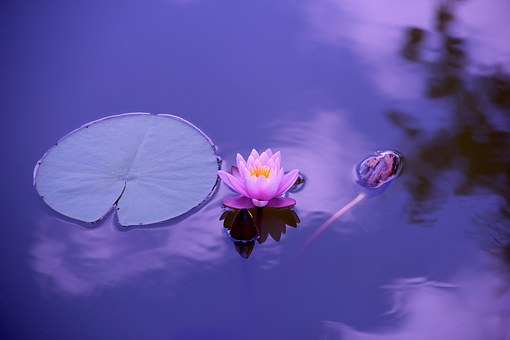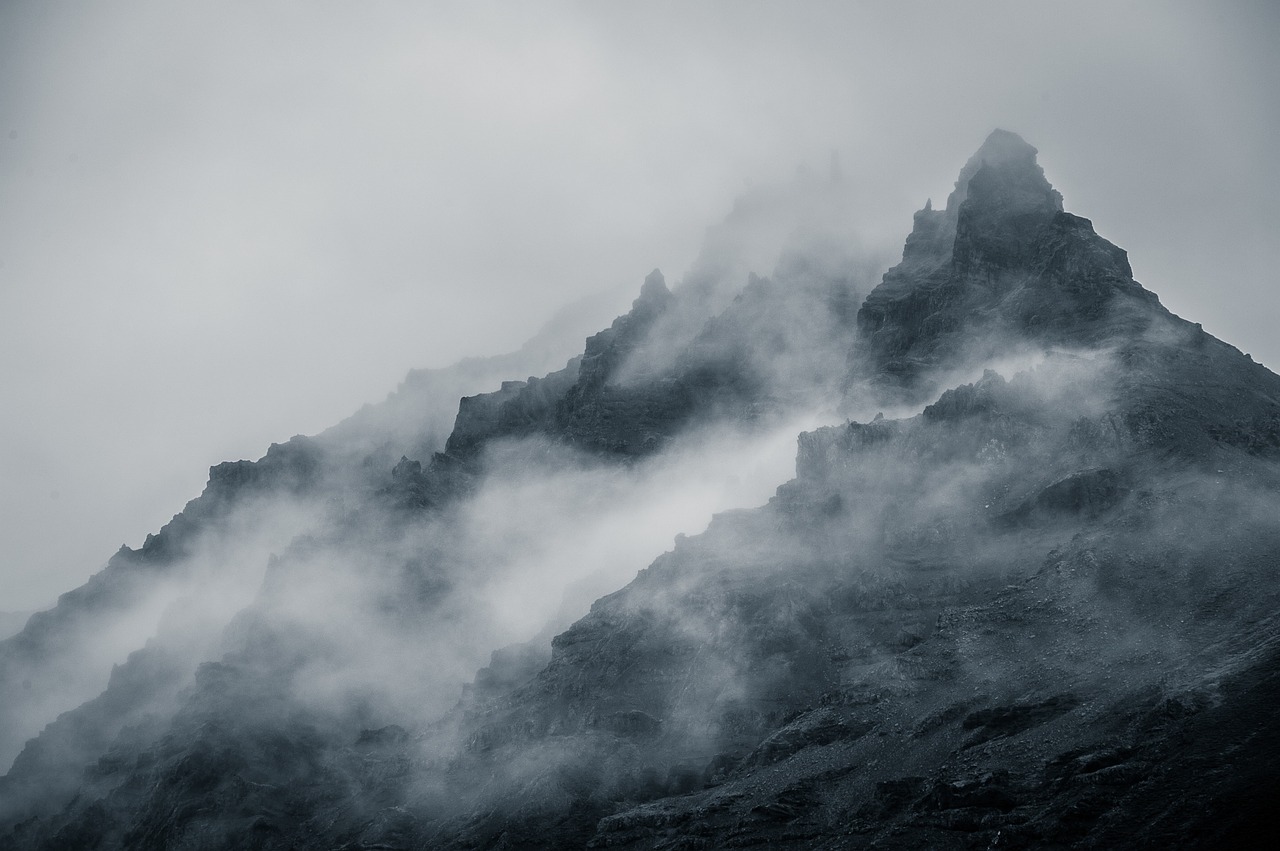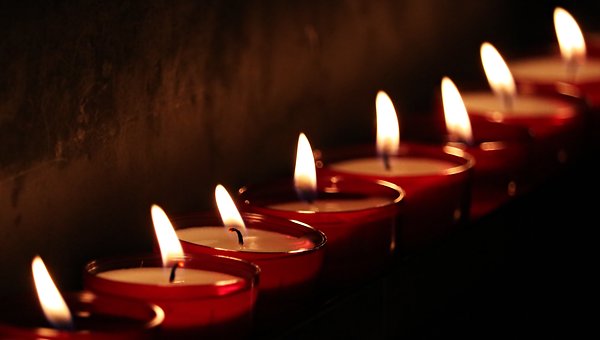In the modern world, people also have similar questions. There are some who have never stolen things, killed or hurt anyone; rather, they have kept their vows and practiced virtue. Yet, they often seem to be less fortunate than others in many aspects. Such cases tend to make people wonder, “If karma was true, why should good people run into bad luck?” Lay practitioners who do not have in-depth knowledge of karma or fully understand the viewpoints of Abhidharma-kosha-shastra may ask the same question. Some would even say, “I have attended many pujas and read so many scriptures. I should not have to suffer this or that illness or misfortune.” This is a wrong view. The fact is that all the virtuous actions committed have been stored in our alaya consciousness. It is due to the relevant conditions not yet matured that karma derived from those actions has not come to fruition. This is like a farmer who sowed all his grains in the springtime and must wait five to six months for the harvest. In the meantime, he is just a poor fellow with nothing left to eat at home. Some people may question, “You have toiled hard every day, tilling the land. Why don’t you have any food to eat?” Question like this is pointless. Everyone knows that there is a waiting period between sowing and harvesting.
~Depicted from THE RIGHT VIEW - On Cause and Effect











